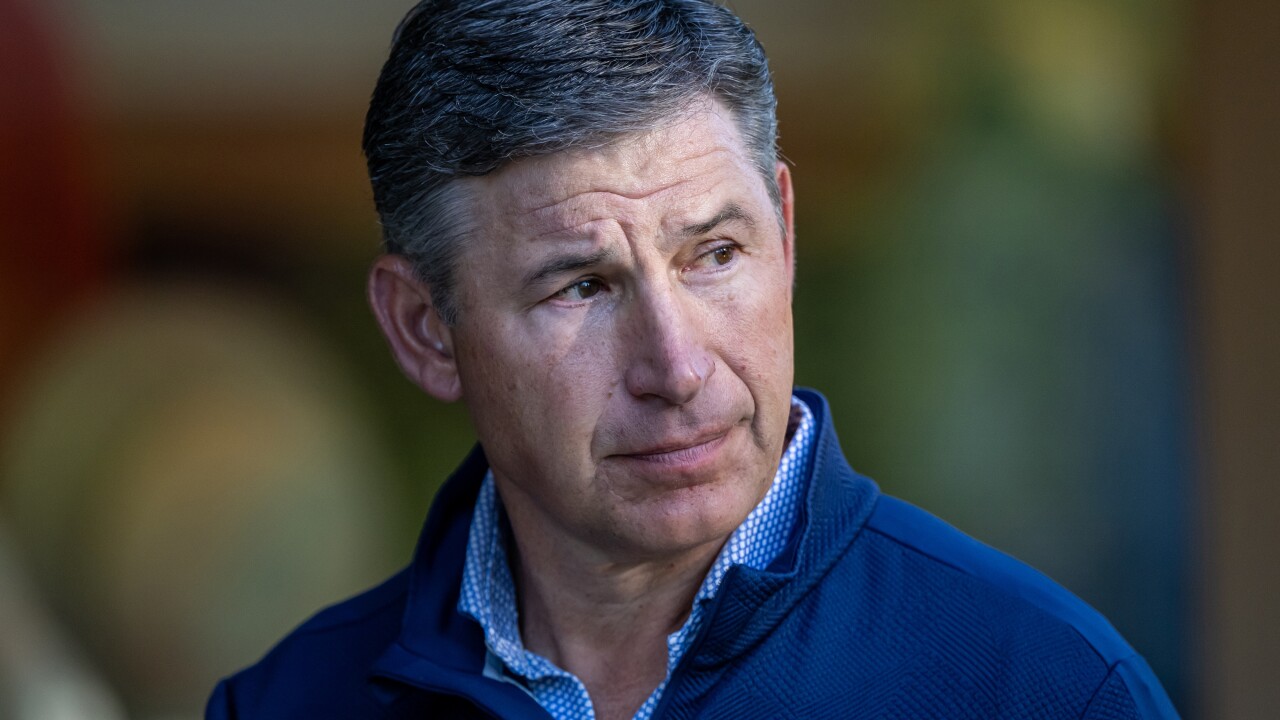Want unlimited access to top ideas and insights?
Welcome to the PaymentsSource Morning Briefing, delivered daily. The information you need to start your day, including top headlines from PaymentsSource and around the Web:
Klarna deepens its bank disruption: Klarna has obtained a banking license from the Swedish government, enabling the company to broaden its range of lending and financing products to serve its expanding merchant and consumer base. Klarna directly serves consumers, or works with e-commerce companies such as

Microsoft's fingerprint-sensing keyboard: Smaller devices like phones, tablets and laptops have considered fingerprint readers to be a standard feature for years, so why not desktop machines? Microsoft has debuted its Modern Keyboard with a fingerprint reader built-in, but it's so subtle that
Girl Scout cybercops: The Girl Scouts are adding a new badge next year for cybersecurity. The badges, offered in partnership with the security firm Palo Alto Networks, will focus on teaching different skills for different age groups, according to
Half contactless: Contactless and online retail are growing rapidly in the
From the Web
The Times | Mon Jun 19, 2017 - The online payments company is growing its lending arm by filling a gap left by the high street banks. PayPal’s small business lending division has supplied more than £400 million of credit to 22,000 British companies since the service was launched in 2014. The American online payments giant said PayPal Working Capital was filling a “funding gap” that traditional lenders “can’t be bothered” to service, with research showing that a third of its loans have been provided to small companies based in areas that have lost 50 or more high street bank branches in the past four years.
The Wall Street Journal | Mon Jun 19, 2017 - In buying Whole Foods, Amazon is following a trail blazed by Alibaba. In retail, fashions are now moving from east to west. Online giant Amazon’s $13.7 billion deal to buy Whole Foods has shaken up the sector in the U.S. That isn’t unusual in China, where e-commerce behemoth Alibaba has already been snapping up brick-and-mortar stores for some time, spending some $5 billion on physical retail companies in recent years.
KrebsOnSecurity | Sat Jun 17, 2017 - The Buckle Inc., a clothier that operates more than 450 stores in 44 U.S. states, disclosed Friday that its retail locations were hit by malicious software designed to steal customer credit card data. The disclosure came hours after KrebsOnSecurity contacted the company regarding reports from sources in the financial sector about a possible breach at the retailer.
More from PaymentsSource
With midsize businesses still handling the majority of their accounts payable via checks, large corporations are reaping the benefits of digital or card payments.
Mobile-enabled travel commerce is evolving from a distant vision and “nice-to-have” to marketplace reality and an airline’s operational “must-have.”
Until now, Amazon's moves seemed like cautious pokes at the deeply ingrained habit of going to a store and paying with a plastic card. Furthermore, any competitors may have seen Amazon's lacking retail store presence as a buffer that kept them at least temporarily safe from the same fate that befell the bookselling world. How naive they were.
Amazon is working aggressively to change the way people shop — especially in the grocery space — but not all of its activities focus on products and store design. The e-commerce giant has also influenced a lot about how people use their payment cards.
Mastercard is extending the amount of time it allocates to global employees for bereavement to 20 days, following Facebook’s adoption of a similar policy.




